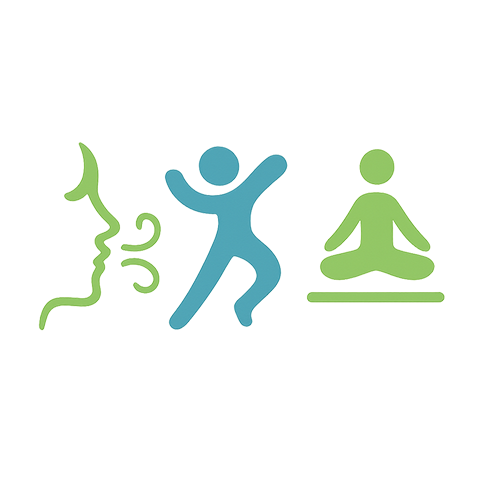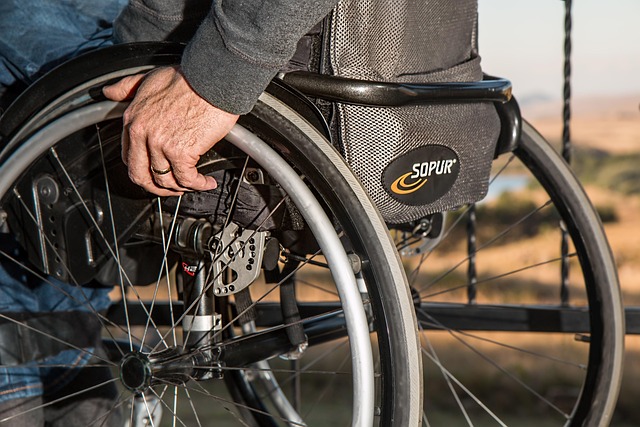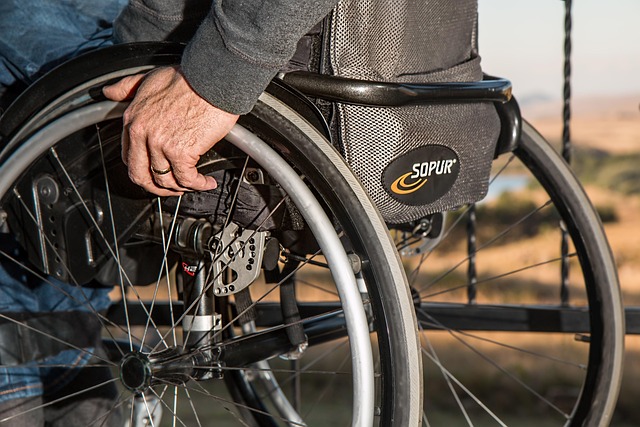In recent years, the concept of rehabilitation in fitness training has undergone a complete transformation. As we redefine strength, we are recognizing that rehabilitation is not merely about recovery; it’s about enhancing performance and fostering a more profound connection between body and mind. This shift represents a revolution in how we perceive our health and activity levels, allowing individuals to reclaim their fitness through a more holistic approach.
Traditionally, rehabilitation was viewed as a process limited to injury recovery, often sidelined by conventional fitness methodologies. However, modern approaches have revealed that rehabilitation can be a dynamic part of any fitness journey. It serves as an essential foundation for strength building, providing the tools necessary not only to recover but also to thrive in physical pursuits. Whether you’re an athlete recovering from an injury or someone striving to improve overall health, integrating rehabilitation principles into your training can unlock new levels of performance.
One of the significant impacts of this revolution is the emphasis on tailored fitness programs that prioritize individual needs. Gone are the days of one-size-fits-all training routines. Today, rehabilitation-focused fitness plans are designed to meet people where they are. This personalized approach allows for an understanding of body mechanics, muscle imbalances, and specific injury history, promoting a safer and more effective path to achieving fitness goals.
Moreover, rehabilitation encourages a deeper understanding of the body. As we engage in physical activity, we learn to listen to our bodies and recognize signs of stress and fatigue. This awareness not only assists in preventing further injuries but fosters a more profound respect for the physical form. The connection between mental and physical health becomes increasingly apparent as practitioners incorporate mindfulness into their training sessions. It’s not just about lifting heavier weights or running faster; it’s about enhancing overall well-being.
The rise of functional training techniques further complements this evolution. Methods like Pilates, yoga, and resistance training are being integrated into rehabilitation programs, focusing on core stability, flexibility, and strength. These activities cater to various fitness levels and promote longevity in physical activities. By embracing these modalities, individuals can develop a more resilient and adaptable body, making it easier to navigate the demands of everyday life.
Additionally, the community aspect of rehabilitation cannot be overlooked. As more fitness centers and therapists recognize the importance of collaboration, individuals are finding support in group training environments. These shared experiences create a sense of camaraderie, where participants draw strength from one another, pushing each other to new heights. The shared struggles of overcoming physical limitations foster motivation and inspiration, igniting a passion for healthy living.
Incorporating rehabilitation concepts into fitness training not only enhances physical performance but also improves mental health. Regular physical activity releases endorphins, which help alleviate stress and anxiety, leading to a more fulfilling life. The practice of rehabilitation empowers individuals to take charge of their fitness journeys, enabling them to challenge not only their bodies but also their mental resilience.
As the fitness world continues to evolve, we are witnessing a cultural shift towards the importance of rehabilitation. No longer relegated to the sidelines, it stands at the forefront of strength training, highlighting the multifaceted nature of health and activity. By embracing rehabilitation as a vital component of fitness, we are not just revolutionizing strength; we are also cultivating a culture of resilience, awareness, and holistic well-being that resonates with everyone on their unique fitness path.



